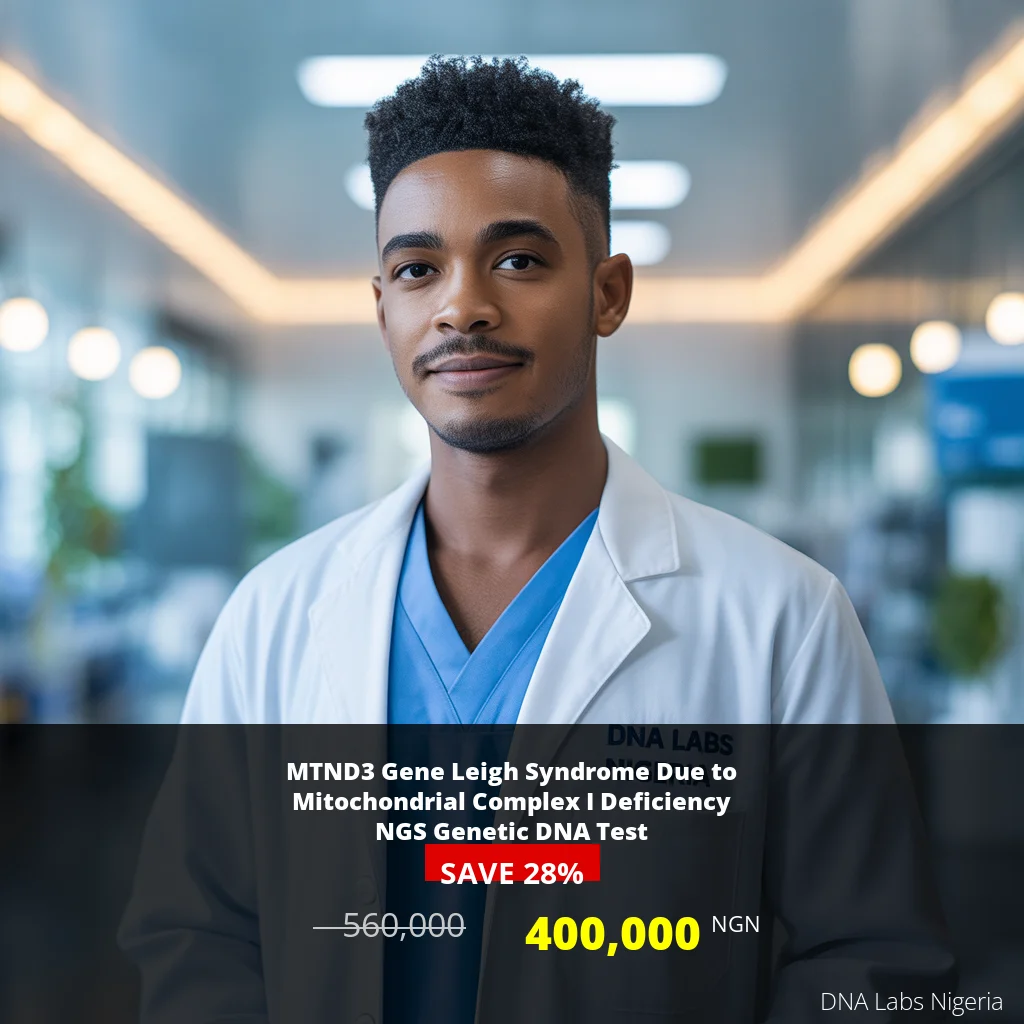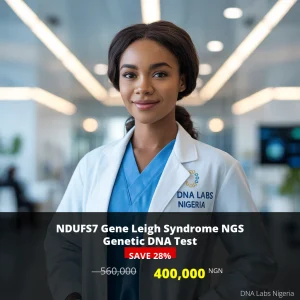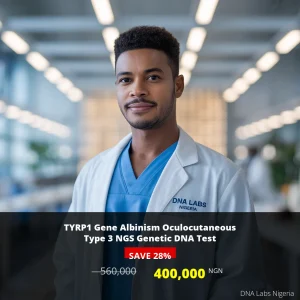MTND3 Gene Leigh Syndrome Due to Mitochondrial Complex I Deficiency NGS Genetic DNA Test
Introduction
The MTND3 Gene Leigh Syndrome NGS Genetic DNA Test is an advanced diagnostic procedure that plays a pivotal role in identifying mitochondrial complex I deficiency, a serious condition that can lead to severe neurological disorders. Understanding your genetic makeup is essential for effective management and treatment of such conditions.
What the Test Measures
This test utilizes Next Generation Sequencing (NGS) technology to analyze the MTND3 gene, which is crucial for mitochondrial function. By assessing the genetic variations in this gene, the test can determine the presence of mutations that may lead to Leigh syndrome.
Who Should Consider This Test?
Individuals exhibiting symptoms related to mitochondrial dysfunction, such as:
- Neurological issues (seizures, developmental delays)
- Muscle weakness
- Unexplained metabolic crises
Moreover, those with a family history of Leigh syndrome or related mitochondrial disorders should consider this test for proactive health management.
Benefits of Taking the Test
- Accurate diagnosis of mitochondrial complex I deficiency.
- Informed decision-making regarding treatment options.
- Understanding genetic risks for family members.
- Access to tailored healthcare plans based on genetic findings.
Understanding Your Results
Results from the MTND3 Gene Leigh Syndrome NGS Genetic DNA Test provide vital information regarding the presence of genetic mutations. A genetic counseling session is recommended to help interpret the results and discuss potential implications for treatment and family planning.
Test Pricing
| Price Type | Amount (NGN) |
|---|---|
| Discount Price | 400000 NGN |
| Regular Price | 560000 NGN |
Booking the Test
To book the MTND3 Gene Leigh Syndrome NGS Genetic DNA Test, please contact us at +2348110567037 or visit our website to schedule your appointment. Take the first step towards understanding your health today!
Turnaround time for results is approximately 3 to 4 weeks, and sample types accepted include blood or extracted DNA, or one drop of blood on an FTA card. Please ensure you have a clinical history and consider a genetic counseling session to discuss your family’s medical history before taking the test.







